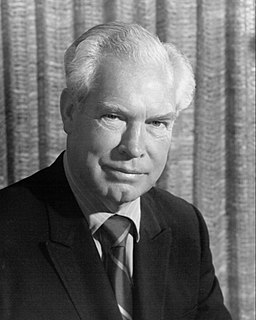A Quote by Rob Cross
When I used to work, I used to come home every evening and see my kids. Now sometimes we can be on the road for six days a week or three weeks at a time.
Related Quotes
The ideal time for writing a [television] script is four days, though sometimes it has to be two or three days depending on the deadline. If it's two days, sometimes there are things I see that don't work as well. If I have two weeks, the scripts get kind of flabby and lack the adrenaline that a sense of deadline fills you with.
I went to work at seven in the morning. Around noon time we got the watery soup. And we worked until seven or eight or nine at night, sometimes later. And then I walked back home - there was no public transportation - into that shared room. And if there was food we would prepare an evening meal depending on what was available. And then probably go to bed because it was cold most the time. And then start the day all over again, six or seven days a week.



































